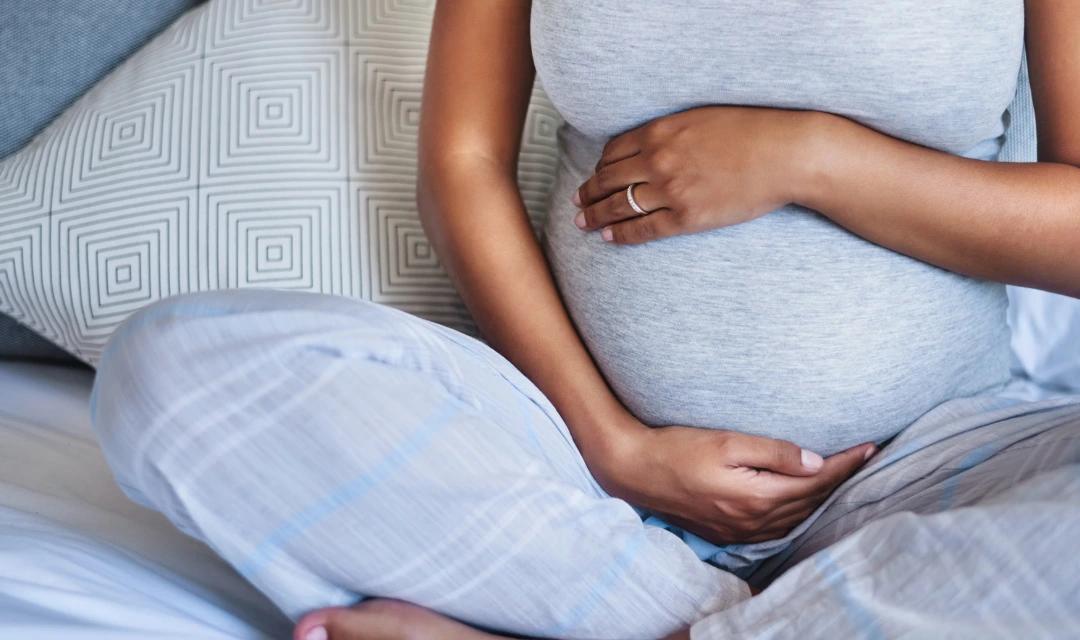What Sounds Can Your Baby Hear in the Womb?


Table of contents
One of the most fascinating developments during pregnancy is the gradual awakening of your baby’s senses. Your baby's auditory system starts to work around the second trimester, especially in between 18 and 20 weeks of gestation. Although amniotic fluid cushions their surroundings within the womb, it is hardly quiet. Your infant is actually beginning to hear and react to the sounds around her.
When Does Hearing Begin in the Womb?
Foetal hearing develops across the pregnancy rather than all at once. The inner ear structures start to develop around week nine or ten, providing the basis for future hearing capacity.
By week eighteen the auditory nerve begins to operate and the ears have formed structurally enabling the foetus to sense sound vibrations. By week 20, the infant can start to identify and respond to specific sounds—especially those with loud or repetitious quality.
The protective layers of amniotic fluid and tissue mute the noises, although they are still audible and teachable for different rhythms, tones, and patterns in the surroundings. Early auditory experience helps the infant get ready for the sounds they will come across after birth.
Internal Sounds Your Baby Hears
Your baby starts to hear internal sounds from your body from eighteen to twenty weeks. These include the baby's perhaps calming influence from your heartbeat's steady, rhythmic sound. Vibrances allow one to additionally identify the sounds of breathing and digestion, including intestinal gurgling, diaphragmatic movement, and even hiccups. Your voice, however muffled, echoes throughout your body so the baby may identify its tempo and tone. The first components of your baby's auditory world are these internal noises, which provide a familiar and soothing acoustic environment the infant will grow used to in the womb.
External Sounds Your Baby Can Hear
The foetus grows more sensitive to outside sounds as the pregnancy moves past twenty weeks. The baby can identify your voice especially while reading aloud, singing, or conversing. Studies also point to babies showing early sensitivity to musical patterns by responding with more movement to music, particularly rhythmic or melodic sounds. Though the amniotic fluid and mother tissues will attenuate these sounds, the baby may also start to hear ambient noise from the outside world—household sounds like the TV, hoover cleaner or barking dogs. Although these barriers filter and reduce sound, low-pitched tones travel better than high-frequency ones, therefore deep voices or bass sounds are more readily perceived by the newborn than high-pitched noises.
Does Talking or Singing to Your Baby Help?
Yes. Talking, reading, or singing to your child often might help with early bonding and have a soothing effect. Studies reveal that right away after birth, babies can identify and favour their mother's voice. Certain studies even propose that infants may recall certain noises, lullabies, or voices they heard in utero.
Sounds to Be Cautious About
While most sounds are harmless, consistent exposure to very loud noises (e.g., over 85 decibels) should be avoided, especially for prolonged periods. Examples include:
- Loud concerts
- Construction work without ear protection
- High-volume headphones placed directly on the belly
Excessive noise may increase stress levels and, in rare cases, potentially affect fetal hearing.
Conclusion
Your kid is starting to hear sounds and create early auditory memories by eighteen to twenty weeks. From your baby's sensory development to the rhythm of your voice and the music you play, these early noises form the basis for postnatal recognition and comfort as well as your calming heartbeat. Spend some time reading, singing, or talking to your child; this is a lovely approach to connect even before birth.
Your kid is starting to hear sounds and create early auditory memories by eighteen to twenty weeks. From your baby's sensory development to the rhythm of your voice and the music you play, these early noises form the basis for postnatal recognition and comfort as well as your calming heartbeat. Spend some time reading, singing, or talking to your child; this is a lovely approach to connect even before birth.
Your kid is starting to hear sounds and create early auditory memories by eighteen to twenty weeks. From your baby's sensory development to the rhythm of your voice and the music you play, these early noises form the basis for postnatal recognition and comfort as well as your calming heartbeat. Spend some time reading, singing, or talking to your child; this is a lovely approach to connect even before birth.